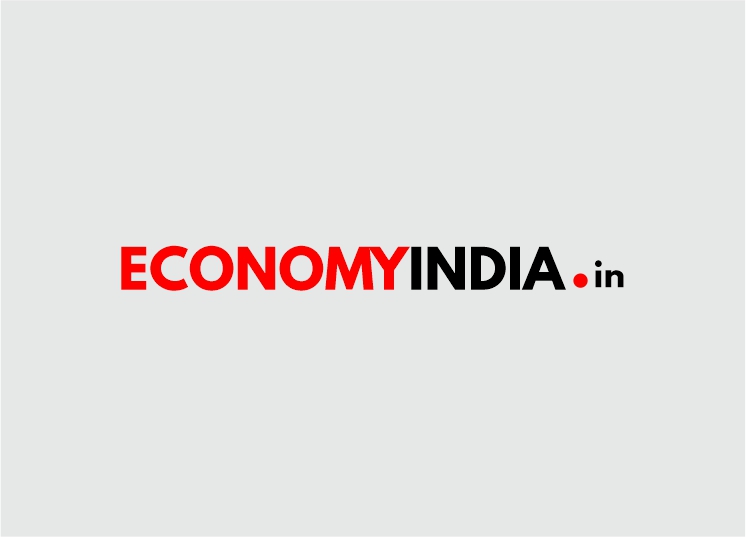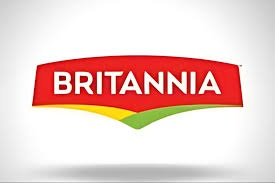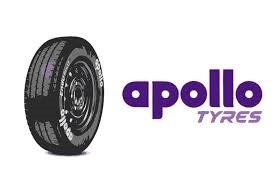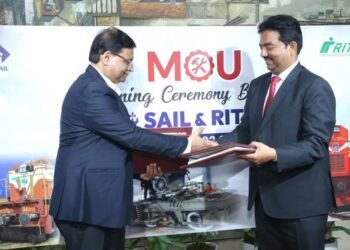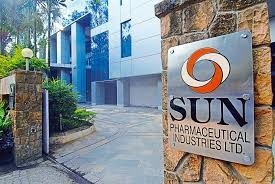Pune: Last9 Inc today announced US$11 million in Series-A funding by Sequoia Capital India with participation from co-investor Better Capital and angel investors. This investment is in addition to the US$2 million raised by Last9 from Sequoia Capital India’s Surge and Better Capital in April 2020.
Last9 is a software reliability platform that helps engineering and DevOps teams measure, track, and improve software reliability.
Today’s software world is incredibly complex and fast-paced, Partly owing to the growing popularity of microservices architecture and massive cloud adoption. Software products run on various infrastructure components and managed services across cloud providers and on-premise servers. The pace of innovation is one of the few competitive advantages in an uber-competitive digital world (“5 releases per day, every day has become a badge of honor for developers).
Even a small change or an abnormal event can quickly cascade to a system-wide outage in such a scenario. And given the complexity, finding out what happened fast enough, not drastically to affect the business—is an enormous challenge.

DevOps & SRE teams need the ability to answer these questions as fast as possible. What went wrong? Did we change anything? How do we prevent it? Unfortunately, solving these questions feels like assembling an Ikea ladder every time. Imagine combing through millions of logs and endless charts to understand what went wrong. All this while your customers are under impact.
“Last9 has helped Yieldstreet identify, track, and understand the most important metrics impacting our investors with data our microservices services were already generating. We can resolve issues faster and reduce our team’s alert fatigue,” said Azret Deljanin, VP of Infrastructure and Security, Yieldstreet, a leading alternative investments platform for US retail investors.
Founded in California & Pune in early 2020, Last9 is building the Google Maps & Search equivalent for microservices. A quick plug-in of the system metrics allows Last9 to build a “Knowledge Graph” of microservices – take an aerial view of their software architecture or zoom in to see the most minute, metric level data.
“Having been software reliability engineers (SREs) for over a decade, this platform is born out of our struggles. What firefighters are to civil engineering, DevOps, and site reliability engineers (SREs) are to software engineering. The world of microservices needs to have sprinklers and smoke detectors! Last9 provides engineering teams with the control room and levers to manage their microservice environments and significantly reducing alert fatigue and MTTD.” said Nishant Modak, Founder and CEO of Last9.
Last9 is currently working with large-scale customers across US and Asia to build best-in-class software that works seamlessly. For example, they have been the platform of choice at the largest streaming platform for the Indian Premier League – a cricket tournament seeing 5Mn+ requests per second and 30Mn+ concurrent viewers.
Last9 intends to solve this problem for everyone. Instead of building out multiple integrations for every system out there, Last9 is integrating with existing open telemetry standards to make all systems compatible with each other.
“The value proposition of Last9 is simple and very powerful. The cloud has led to an explosion of infrastructure data. This has made an engineer’s job of understanding dependencies to pinpoint a root cause that much harder. Last9’s secret sauce of building a map of the company’s architecture allowing companies to do this quickly has seen strong reception from marquee customers. Nishant and Piyush are amongst the strongest SREs in our region and we are excited to double down on our partnership with them and the Last9 team.” said Harshjit Sethi, Managing Director, Sequoia India.
Nishant Modak and Piyush Verma started Last9. They have worked together for several years, building and running a large-scale next-generation cloud-based credit risk solution that generated 700 million credit scores for various lenders worldwide. They both have deep roots in the open-source community, having spent several years organizing Distributed Systems Conferences and SRE meetups.
Kuldeep Dhankar recently joined them as CRO and a co-founder. They are all repeat founders, having done several startups, including Oogway, which they built, scaled, and successfully exited post-acquisition by Trusting Social. They have also been early engineers at DataScale, which DataStax acquired.
(Economy India)

